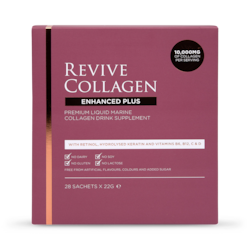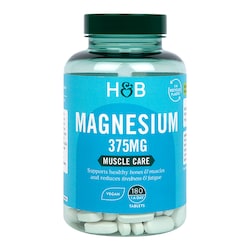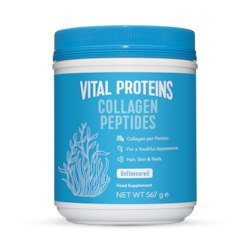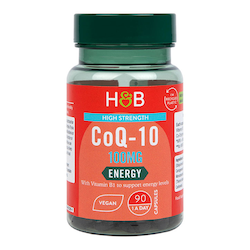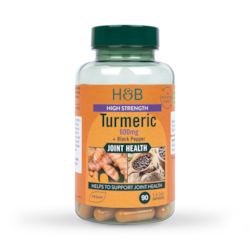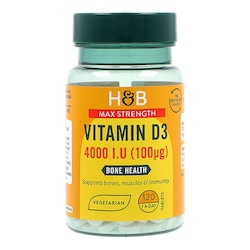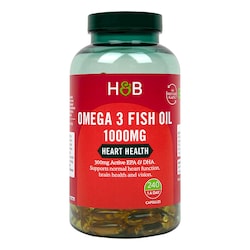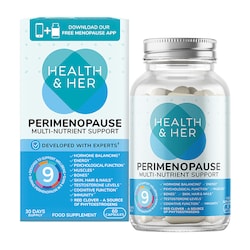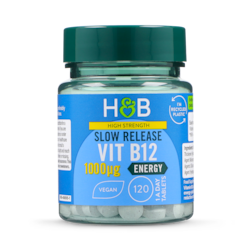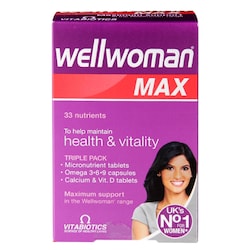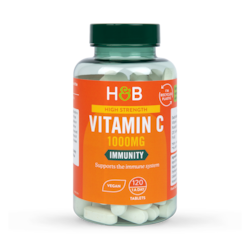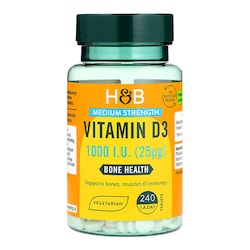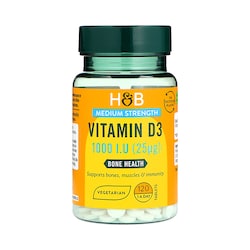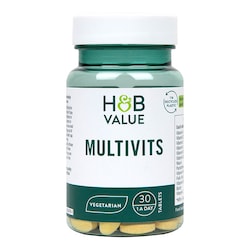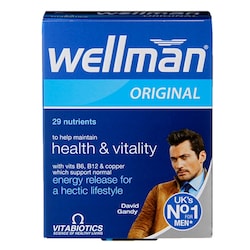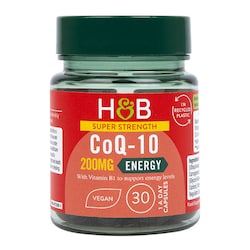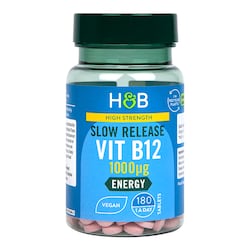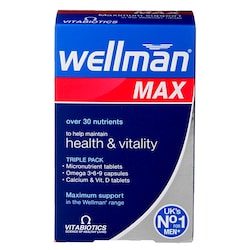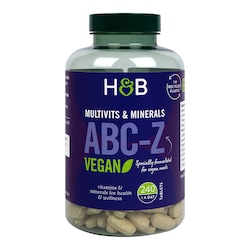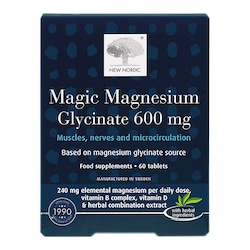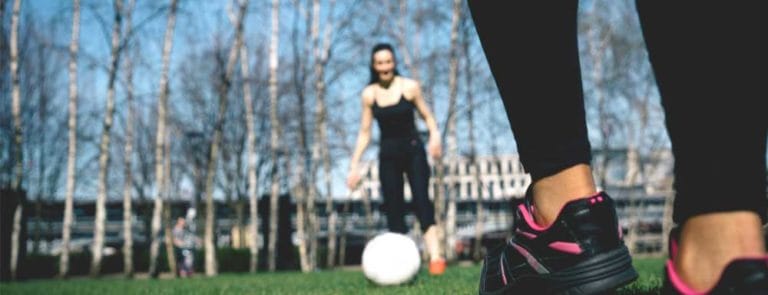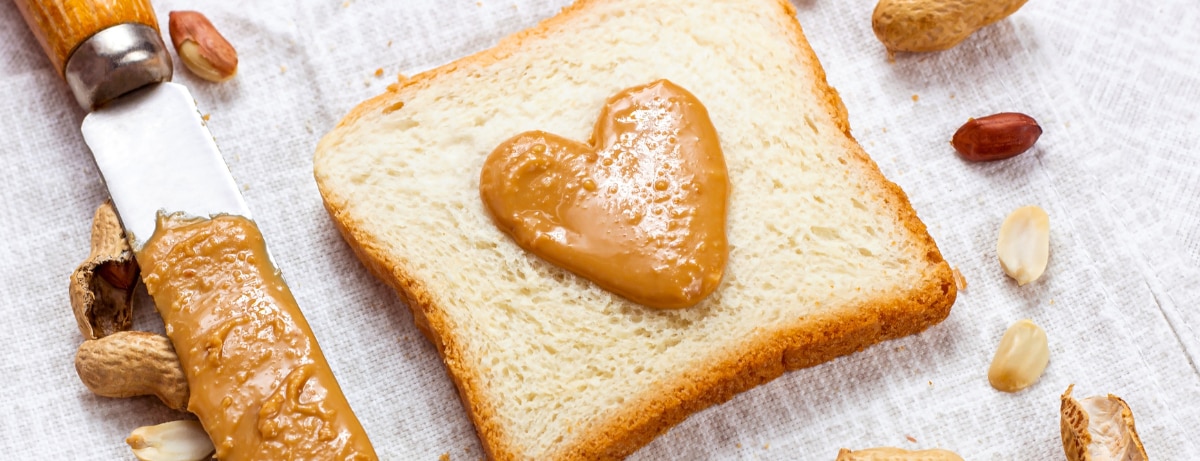20% off £30
Code:QUICK
Your guide to red yeast rice extract

An ingredient used in Asian cuisine for centuries may help reduce high cholesterol and chances of heart disease. Here’s a guide to red yeast rice extract.
Summary
1Why high cholesterol is an issue
Over time, excess LDL cholesterol can build up in the arteries and cause them to become hard or blocked...
2What is red yeast rice extract?
Red yeast rice extract (RYRE) is a reddish-purple powder made from white rice fermented with a yeast called Monascus purpureus...
3Red yeast rice extract and cholesterol
RYRE contains a substance called monacolin K, which could help maintain normal cholesterol levels by blocking an enzyme that helps cholesterol...
Worried about your cholesterol levels? An ingredient used in Asian cuisine for centuries may help rebalance healthy cholesterol levels: red yeast rice extract. Experts say more than half of adults in England have high cholesterol. High levels of cholesterol in the blood increase your risk of developing heart disease, but a traditional Chinese remedy could help.
Why high cholesterol is an issue
Most of us have too much ‘bad’ LDL cholesterol and not enough ‘good’ HDL cholesterol.1 Over time, excess LDL cholesterol can build up in the arteries and cause them to become hard or blocked.
This increases your risk of having a heart attack or stroke. According to cholesterol charity Heart UK, reducing the UK’s LDL cholesterol by just 5% would prevent 64,000 cases of cardiovascular disease.2 There are plenty of lifestyle changes you can make to lower cholesterol levels, such as regular exercise, but there is also evidence to show that red yeast rice extract benefits include helping to maintain normal cholesterol levels.
What is red yeast rice extract?
Red yeast rice extract (RYRE) is a reddish-purple powder made from white rice fermented with a yeast called Monascus purpureus. It’s been used in Chinese medicine and Asian cuisine for centuries: as a herbal remedy, and as a food colouring and preservative in sake, vinegars, tofu, meat and cheeses. It’s also available as a supplement.3
Red yeast rice extract and cholesterol
RYRE contains a substance called monacolin K, which could help maintain normal cholesterol levels by blocking an enzyme that helps cholesterol to form.4 The phytosterols, natural plant compounds similar to cholesterol, isoflavones – another plant compound with oestrogen-like properties – and monounsaturated fatty acids i.e. ‘heart healthy’ fats, found in RYRE may also enhance the effects of monacolin K.5,6,7
What does the research say?
Several studies show that RYRE could help maintain normal cholesterol levels. A Belgian trial published in BMC Complementary & Alternative Medicine in 2013 followed 52 doctors and their partners for eight weeks – roughly half were given a placebo and half a RYRE capsule containing monacolin K.8
The results showed that ‘bad’ LDL cholesterol dropped by 22% in the RYRE group. More recently, a major review of 20 studies by Dutch researchers in 2015 concluded that RYRE had a ‘statistically significant reduction’ on LDL cholesterol,9 but more studies were needed to investigate its effects.
The health benefits of RYRE may also be improved by omega-3 fatty acids. A study by the University of Pennsylvania Health System in 2008 followed 74 people with high cholesterol. After 12 weeks of taking RYRE and fish oil supplements, their LDL cholesterol was, on average, 42% lower. 10
1. Oxford Academic. European Heart Journal. Eric Bruckert. Epidemiology of low HDL-cholesterol: results of studies and surveys. Available from: https://academic.oup.com/eurheartjsupp/article/8/suppl_F/F17/446958
2. Heart UK. Key facts and figures. Available from: https://heartuk.org.uk/press/press-kit/key-facts-figures
3. University of Maryland Medical Center. Red yeast rice: overview. Available from: http://www.umm.edu/health/medical/altmed/supplement/red-yeast-rice
4. US National Library of Medicine. Safety and Efficacy of Red Yeast Rice (Monascus purpureus) as an Alternative Therapy for Hyperlipidemia. Available from: https://www.ncbi.nlm.nih.gov/pmc/articles/PMC2697909/
5. Cleveland Clinic. Phytosterols, sterols & stanols. Available from: https://my.clevelandclinic.org/health/articles/phytosterols-sterols-stanols-heart-health
6. US National Library of Medicine. Am J Clin Nutr. Soy isoflavones lower serum total and LDL cholesterol in humans: a meta-analysis of 11 randomized controlled trials. Available from: https://www.ncbi.nlm.nih.gov/pubmed/17413118
7. Research Gate. P.M. Kris-Etherton. Effects of replacing saturated fat (SFA) with monosaturated fat (MUFA) or carbohydrate (CHO) on plasma lipids and lipoproteins in individuals with markers for insulin resistance. Available from: https://www.researchgate.net/publication/294211447_Effects_of_replacing_saturated_fat_SFA_with_monounsaturated_fat_MUFA_or_carbohydrate_CHO_on_plasma_lipids_and_lipoproteins_in_individuals_with_markers_for_insulin_resistance] found in RYRE may also enhance the effects of monacolin K.
8. Verhoeven V, et al. Red yeast rice lowers cholesterol in physicians - a double blind, placebo controlled randomized trial. Available from: http://europepmc.org/articles/PMC3726474/
9. Gerards MC, et al. Traditional Chinese lipid-lowering agent red yeast rice results in significant LDL reduction but safety is uncertain - a systematic review and meta-analysis. Available from: https://www.ncbi.nlm.nih.gov/pubmed/25897793
10. Becker DJ, et al. Simvastatin vs therapeutic lifestyle changes and supplements: randomized primary prevention trial. Available from: https://www.ncbi.nlm.nih.gov/pubmed/18613992


